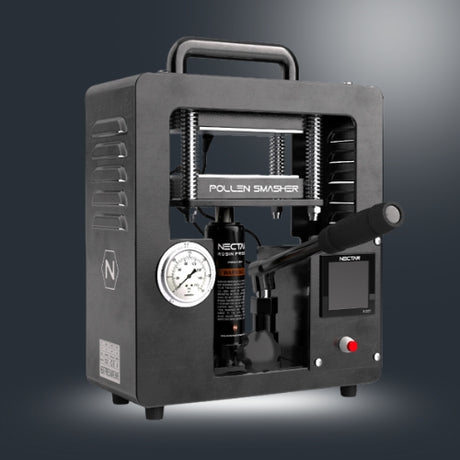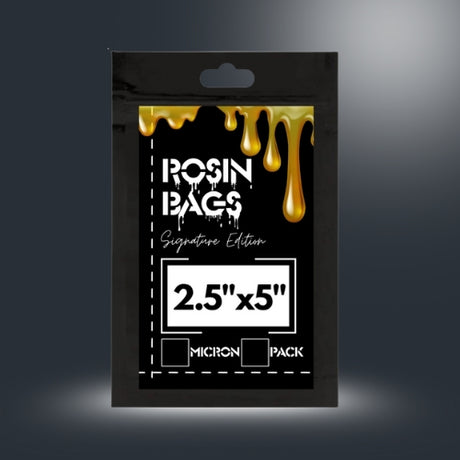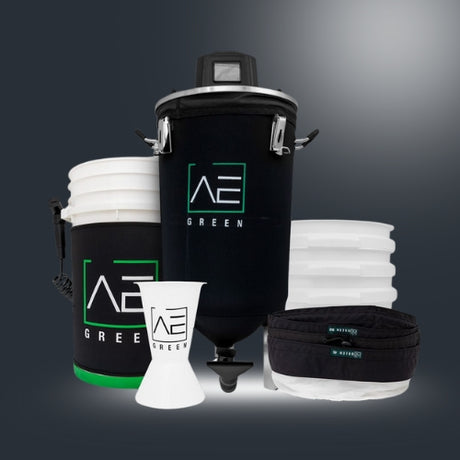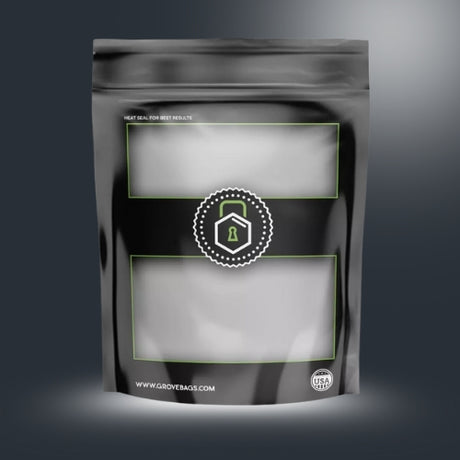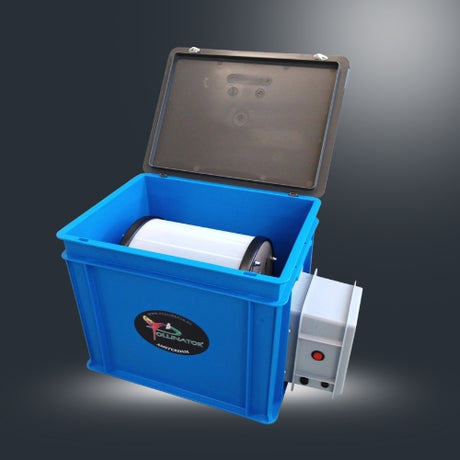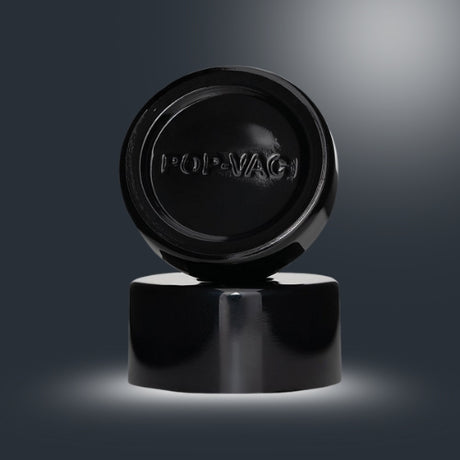- BUY 4 GET 1 FREEUp to 43% off
Rosin Bags
Signature Edition 2.5" x 4" Rosin Press Filter Bags
Blowout Free Money Back Guarantee!
Sale priceFrom £4.00 Regular price £7.00Unit priceUnavailable Rosin Bags
Signature Edition 1.5" x 3" Rosin Press Filter Bags
Blowout Free Money Back Guarantee!
Regular priceFrom £6.00Unit priceUnavailableRosin Bags
Signature Edition 1" x 3"Rosin Press Filter Bags
Blowout Free Money Back Guarantee!
Regular priceFrom £6.00Unit priceUnavailableRosin Bags
Signature Edition 2" x 4" Rosin Press Filter Bags
Blowout Free Money Back Guarantee!
Regular priceFrom £7.00Unit priceUnavailableRosin Bags
Signature Edition 2.5" x 5" Rosin Press Filter Bags
Blowout Free Money Back Guarantee!
Regular priceFrom £8.00Unit priceUnavailableRosin Bags
Signature Edition 3" x 5" Rosin Press Filter Bags
Blowout Free Money Back Guarantee!
Regular priceFrom £9.00Unit priceUnavailableRosin Bags
Signature Edition 3.5" x 6" Rosin Press Filter Bags
Blowout Free Money Back Guarantee!
Regular priceFrom £9.00Unit priceUnavailableRosin Bags
Signature Edition 4.5" x 6" Rosin Press Filter Bags
Blowout Free Money Back Guarantee!
Regular priceFrom £10.00Unit priceUnavailableRosin Bags
Signature Edition 6" x 8" Rosin Press Filter Bags
Blowout Free Money Back Guarantee!
Regular priceFrom £12.00Unit priceUnavailable
What Are Rosin Bags?
Rosin bags, also known as filter bags or screens, are essential accessories used in the rosin pressing process. These bags are typically made from food-grade nylon mesh and come in various micron sizes, ranging from 25 microns to 220 microns. Rosin bags are placed between the material being pressed and the heated plates of the rosin press.
Their primary function is to filter out plant material while allowing the desired terpenes, and other essential oils to pass through. By using rosin bags, users can achieve cleaner and purer extracts, as the bags help to separate the desirable components from any unwanted plant material. Rosin bags also help to prevent the press plates from becoming contaminated with residue, prolonging the lifespan of the rosin press.
Why Do I Need Rosin Bags?
Rosin bags are essential accessories for rosin pressing due to several key reasons. Firstly, they help to filter out plant material from the extracted rosin, resulting in a cleaner and purer concentrate. By using rosin bags, you can achieve a higher-quality extract with improved clarity, flavour, and potency. Additionally, rosin bags help to prevent the press plates from becoming contaminated with residue, prolonging the lifespan of your rosin press. They also contribute to easier clean-up after pressing, as they contain the material within the bag, reducing the risk of mess and making collection and transfer of the rosin more efficient. Overall, rosin bags play a crucial role in the rosin pressing process, ensuring optimal results and enhancing the overall experience of extracting concentrates.
What Size Rosin Bag Do I Need?
The size of rosin bags you need depends on several factors, including the amount of material you're pressing, the type of material, and the size of your rosin press plates.
For personal or small-scale use, you may opt for smaller rosin bags, typically ranging from 1.5 inches by 2.5 inches to 2.5 inches by 5 inches. These bags are suitable for pressing smaller amounts of material, such as a few grams of plant material.
For larger-scale operations or when pressing larger quantities of material, you may require larger rosin bags, ranging from 4.5 inches by 6 inches to 6 inches by 8 inches or even larger. These bags can accommodate larger amounts of material and are suitable for pressing larger batches of plant material
Which Micron Rosin Bag Do I Need?
The micron rosin bags you need depends on the type of material you're pressing and your desired outcome. Here's a general guide:
25-37 Microns: These bags provide the finest filtration and are ideal for pressing high-quality, fine-grade material such as sift or kief. They help to capture the smallest heads, resulting in a very pure and potent extract. However, using bags with such low micron ratings may reduce yields as they can clog more easily.
90 Microns: This is a versatile micron rating suitable for pressing a wide range of materials, including plant material, trim, and pre-processed plant material. It offers a good balance between filtration and yield, capturing most heads while allowing some plant material to pass through. This can result in a clean extract with decent yields.
120 Microns: These bags offer slightly coarser filtration compared to 90-micron bags and are suitable for pressing materials with larger heads or coarser textures. They allow for better flow during pressing and may result in slightly higher yields compared to finer micron bags, albeit with a slightly lower purity of the extract.
160-220 Microns: Bags in this range provide coarse filtration and are typically used for materials with larger heads or for those who prefer a less refined extract. They allow more plant material to pass through, resulting in extracts with a higher terpene content but lower overall purity.
Why Do I Need Different Micron Rosin Bags?
Using different micron rosin bags allows you to tailor your extraction process to achieve specific results based on the material you're pressing and your desired outcome. Here's why you might need different micron rosin bags:
Filtration Level: Different micron ratings provide varying levels of filtration. Finer micron bags (such as 25 or 37 microns) offer finer filtration, capturing smaller heads and producing a purer, more refined extract. Coarser micron bags (such as 90 or 120 microns) offer less filtration, allowing more plant material to pass through and resulting in a less refined extract with higher terpene content.
Material Type: The material you're pressing can vary in texture and head size. For example, sift tends to have smaller heads and finer particles, making it suitable for pressing with finer micron bags. On the other hand, plant material may have larger heads and coarser textures, requiring coarser micron bags for optimal extraction.
Yield vs. Purity: Finer micron bags generally result in higher purity extracts but may yield less due to clogging and trapping of particles. Coarser micron bags may yield more but produce extracts with a lower purity and more plant material content. Using a combination of different micron bags allows you to balance yield and purity based on your preferences and priorities.
Experimentation: Experimenting with different micron bags allows you to explore the effects of varying filtration levels on your extracts. You can compare the taste, potency, and texture of extracts produced with different micron bags to find the combination that best suits your preferences.





























































































